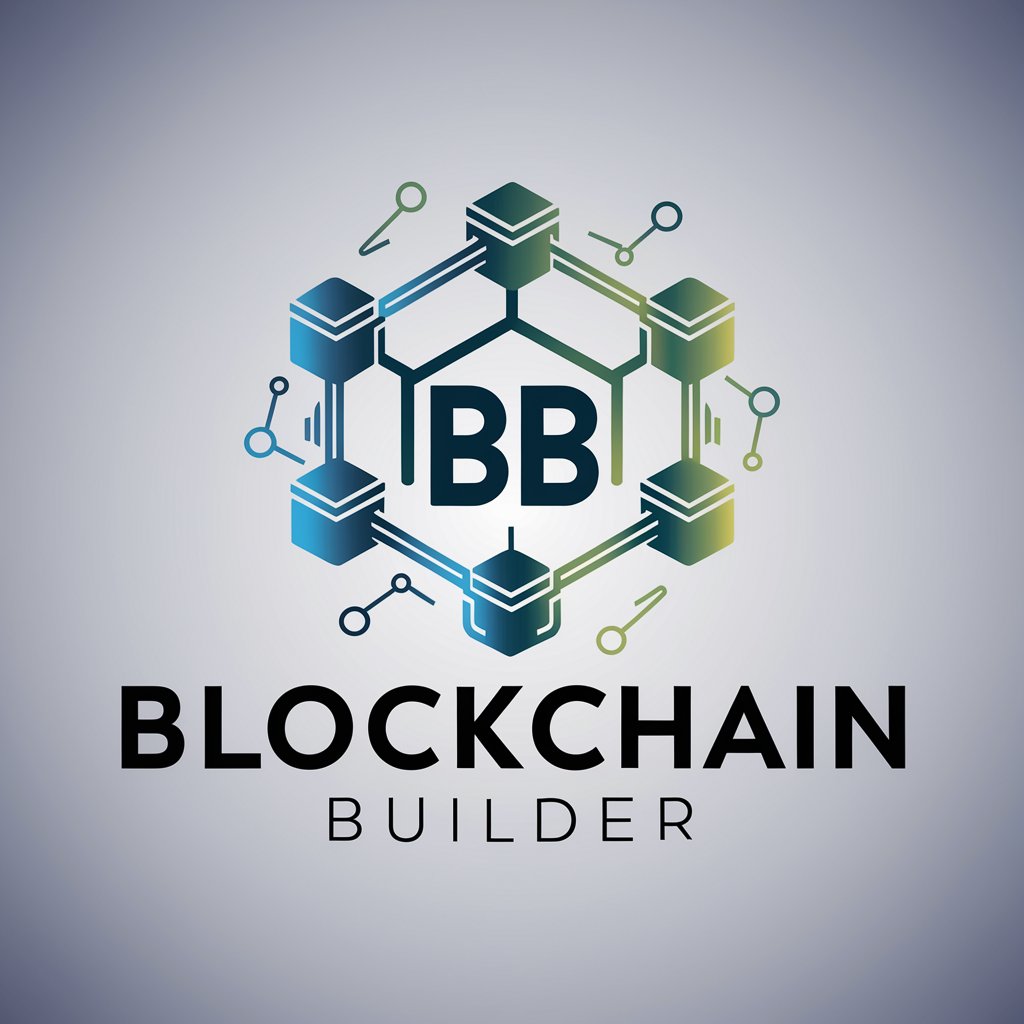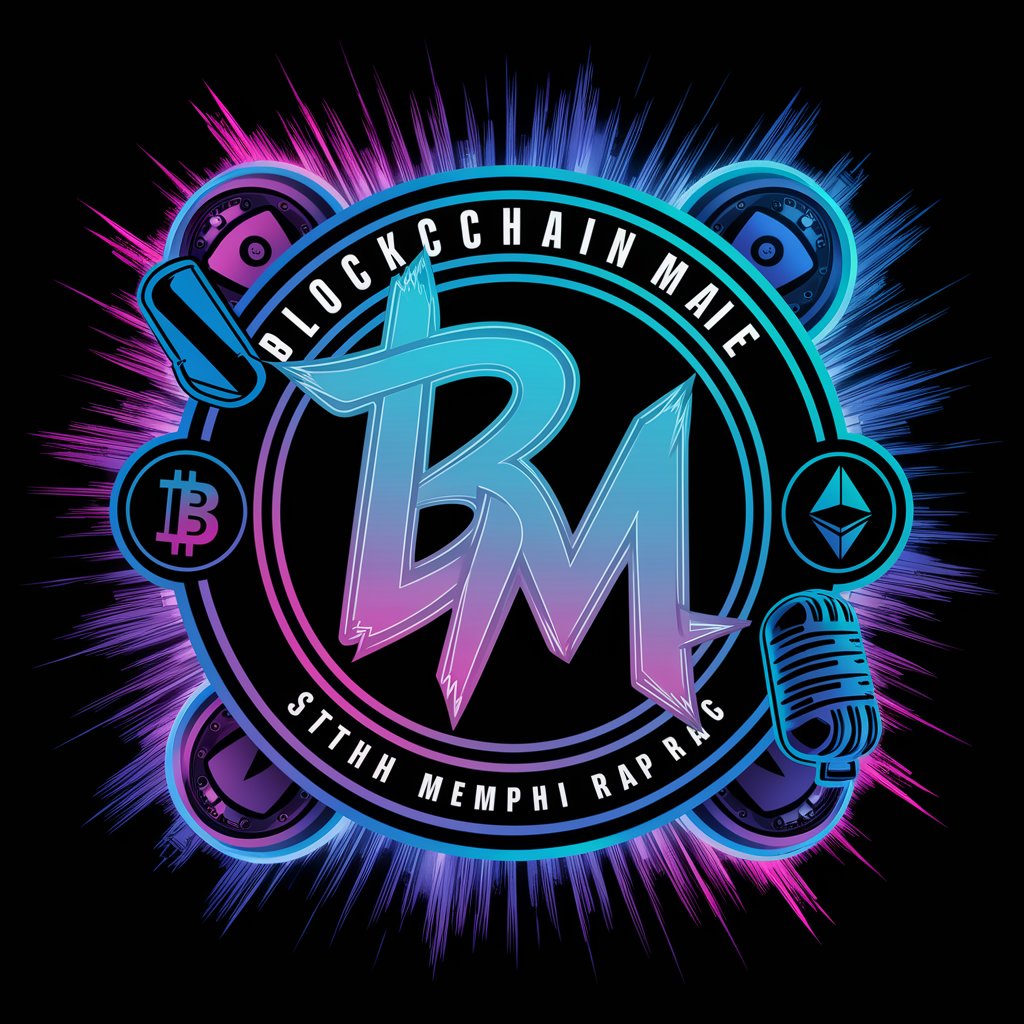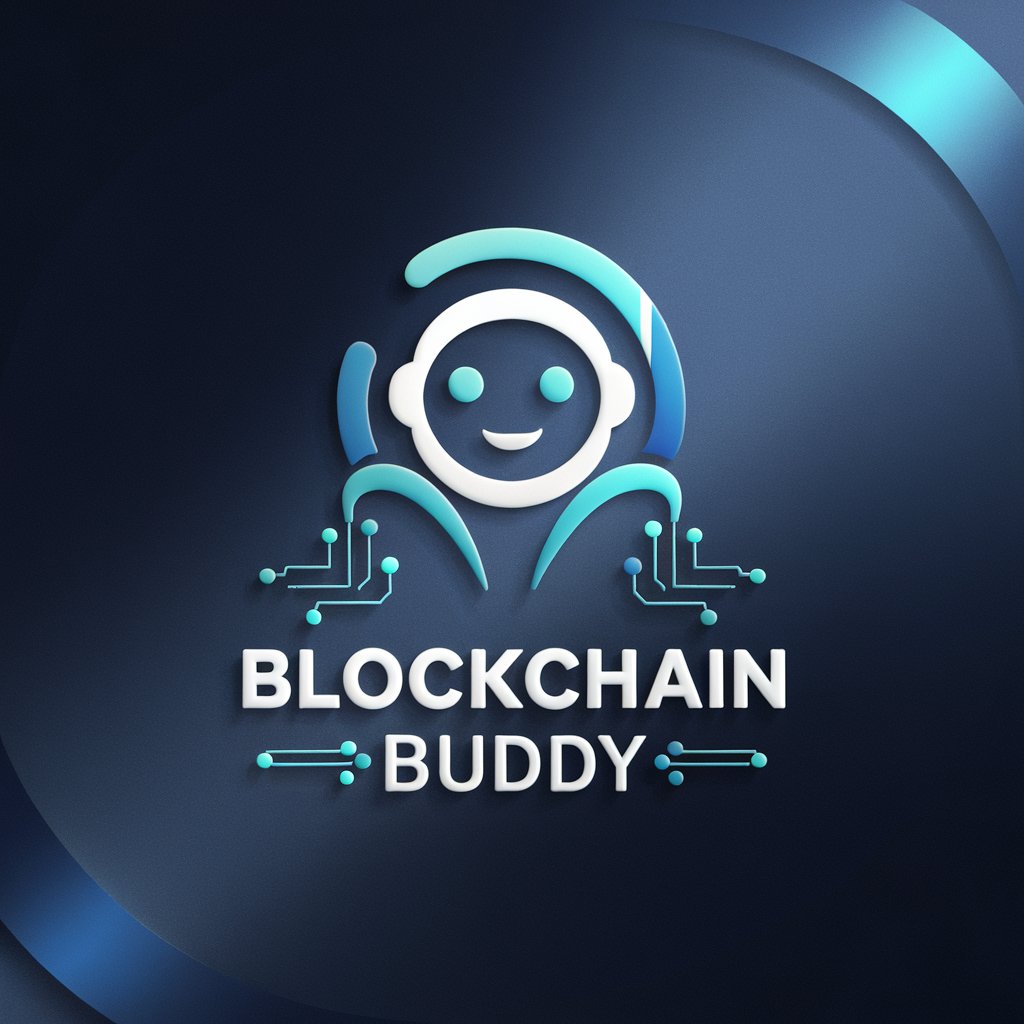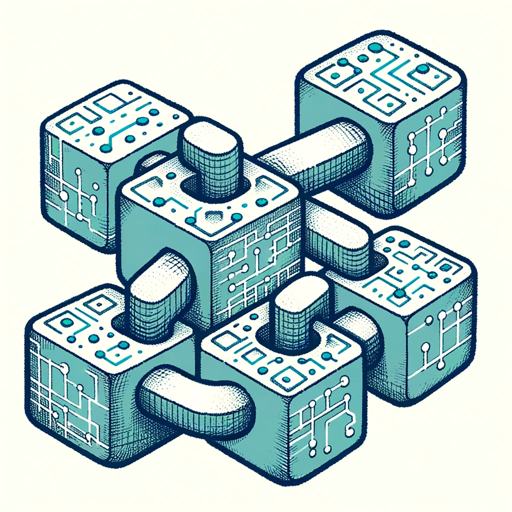
Blockchain - Blockchain Exploration Guide
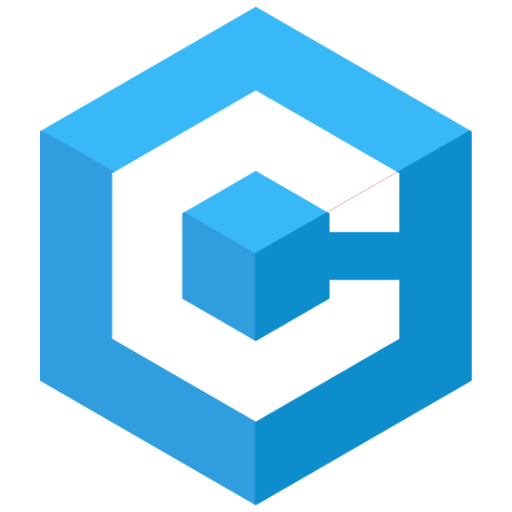
Hello
Empowering innovation with AI-driven Blockchain
Explain the fundamental concepts of Blockchain.
How can Blockchain help in business use cases.
How do I learn to write smart contracts?
Is it safe to invest in crypto currencies?
Get Embed Code
Understanding Blockchain
Blockchain is a decentralized, distributed database or ledger that is used to record transactions across many computers in such a way that the records cannot be altered retroactively without the alteration of all subsequent blocks and the consensus of the network. This inherent design promotes transparency, security, and integrity in the data it stores. A common example is the Bitcoin blockchain, which is used to track ownership of the cryptocurrency. In this scenario, every transaction is transparently logged and verifiably secure, ensuring that users can trust the system without needing a central authority. Powered by ChatGPT-4o。

Core Functions of Blockchain
Decentralization
Example
Cryptocurrency like Bitcoin
Scenario
In Bitcoin, decentralization removes the control central banks or governments have over currency, enabling peer-to-peer transactions without the need for a middleman.
Transparency
Example
Supply Chain Management
Scenario
Companies use blockchain to add transparency to their supply chain, enabling consumers to trace the product origin and its journey, thereby ensuring authenticity and quality.
Immutability
Example
Voting Systems
Scenario
Blockchain can be used in voting systems to ensure that once a vote is recorded, it cannot be changed, increasing trust in the electoral process.
Smart Contracts
Example
Real Estate Transactions
Scenario
Smart contracts on blockchain can automatically execute, control, or document legally relevant events according to the terms of a contract or an agreement, streamlining real estate transactions without the need for intermediaries.
Target Users of Blockchain Services
Financial Institutions
Banks and financial services can utilize blockchain for faster and secure transactions, smart contracts, and improved compliance with regulatory requirements.
Supply Chain Companies
Businesses in the supply chain industry benefit from blockchain by gaining enhanced traceability of products, reducing losses from counterfeit goods, and improving overall supply chain efficiency.
Government Bodies
Governments can use blockchain for secure and transparent record-keeping, improving public trust and efficiency in governmental operations, such as in land registries or voting systems.
Healthcare Providers
Healthcare institutions can leverage blockchain to securely store patient records, ensuring data integrity and accessibility while maintaining patient privacy.

How to Use Blockchain
Initial Exploration
Begin your Blockchain journey by accessing platforms offering Blockchain functionalities without the need for sign-ups or subscriptions, such as introductory platforms or educational resources.
Understand Blockchain Basics
Familiarize yourself with the fundamental concepts of Blockchain technology, including decentralized networks, consensus mechanisms, and smart contracts, to fully grasp its potential applications.
Identify Use Case
Determine the specific use case for Blockchain in your context, whether for creating a digital identity, executing smart contracts, or facilitating secure, transparent transactions.
Select a Blockchain Platform
Choose a Blockchain platform that best suits your needs, considering factors like network security, scalability, and support for smart contracts and decentralized applications (DApps).
Experiment and Learn
Start with small, experimental projects to gain hands-on experience. Utilize online tutorials, courses, and community forums to learn best practices and troubleshoot challenges.
Try other advanced and practical GPTs
AI and Blockchain GPT
Unlocking Blockchain Insights with AI
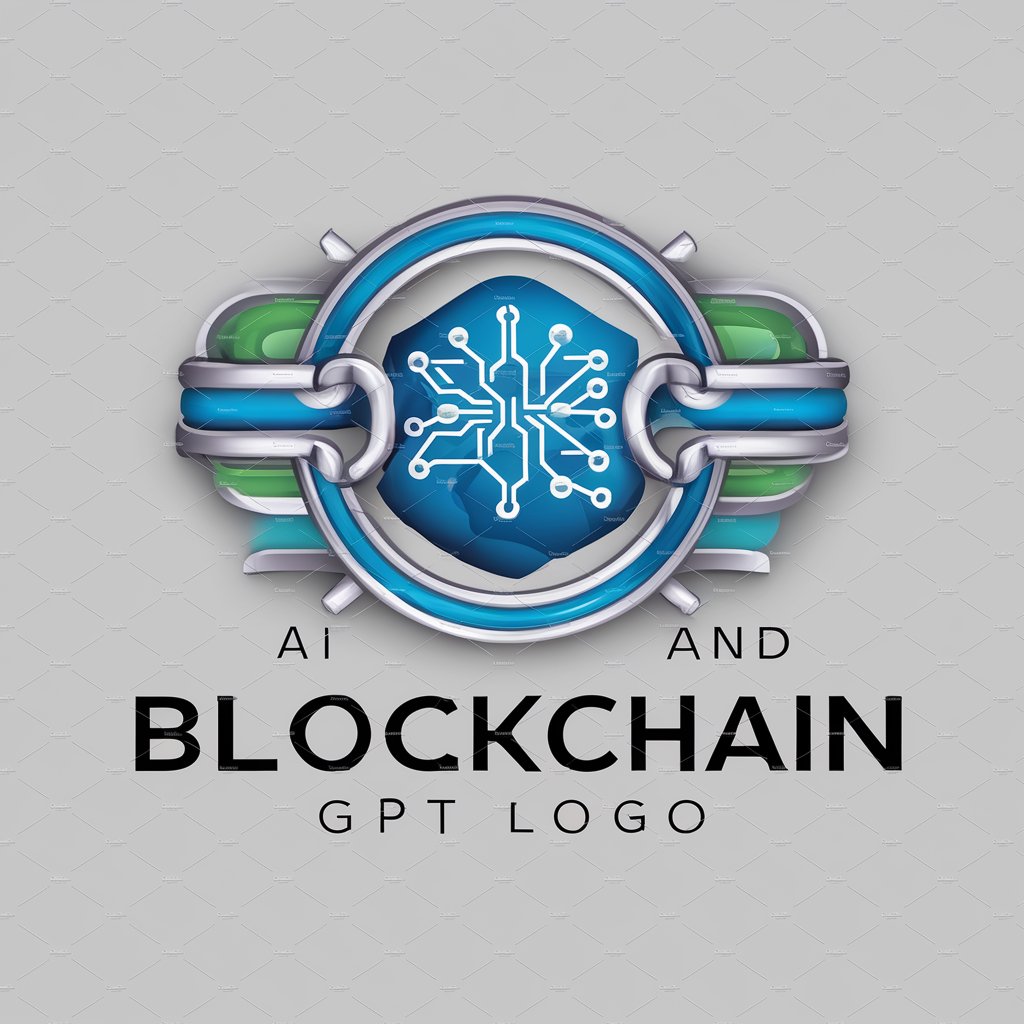
Genomic Blockchain
Secure genomic data with AI

Blockchain development
Empowering development with AI-driven blockchain

Blockchain Bro
Empowering Your Blockchain Journey with AI
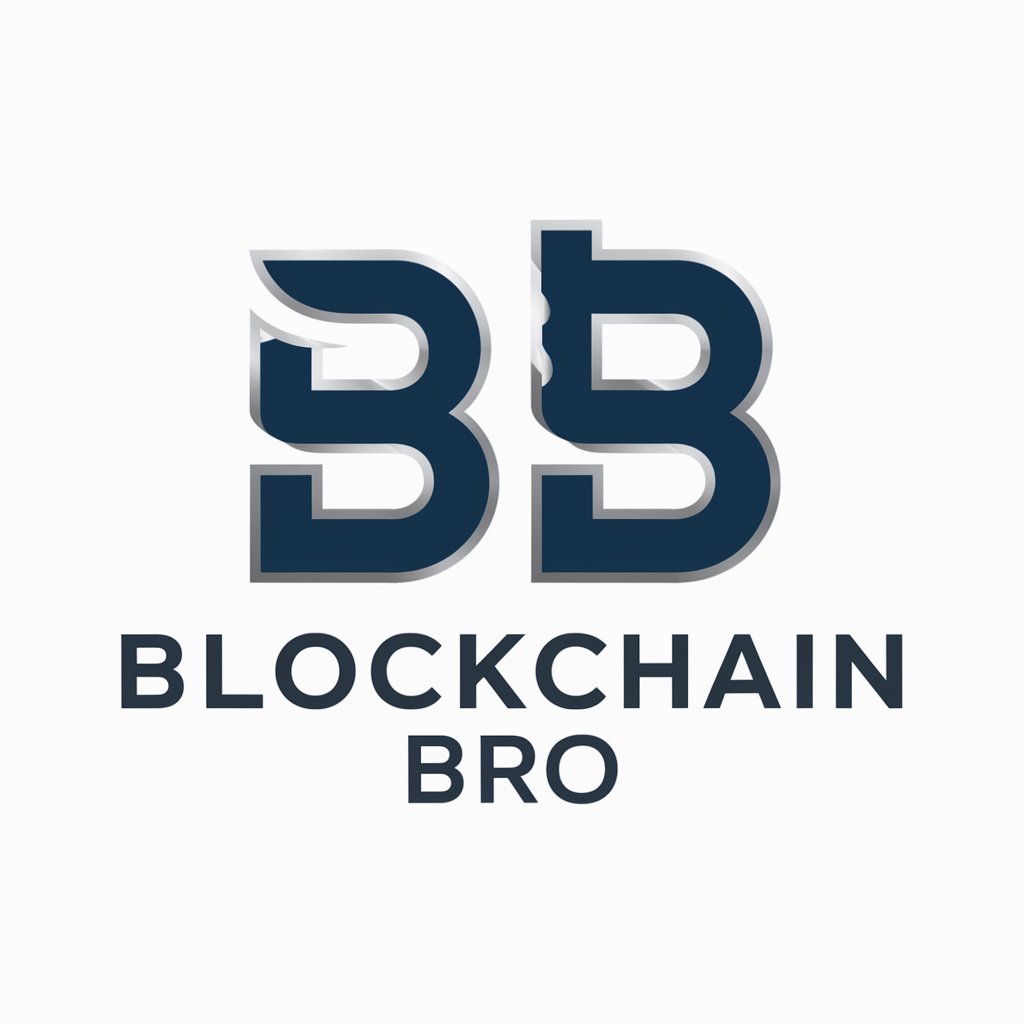
Blockchain Builder
Empowering SMEs with Blockchain
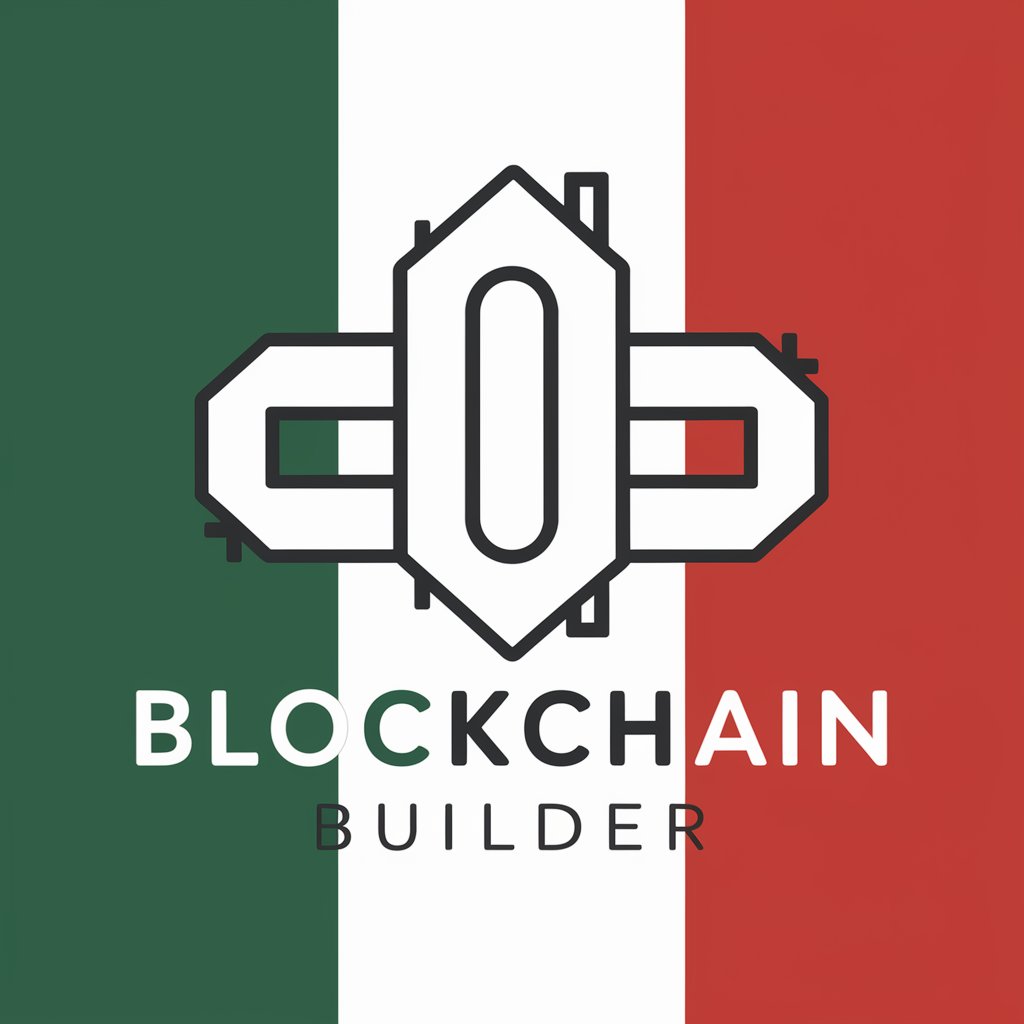
Blockchain Expert
Empowering Crypto Decisions with AI

Color Expert
Revolutionizing Color Choices with AI

Color Harmony
Unlock Your Colors with AI

Color Guide
Design Smarter with AI-Driven Colors

Color Couture
Style meets technology—AI-driven fashion insights.

Color Coder
Color Intelligence, AI Empowered
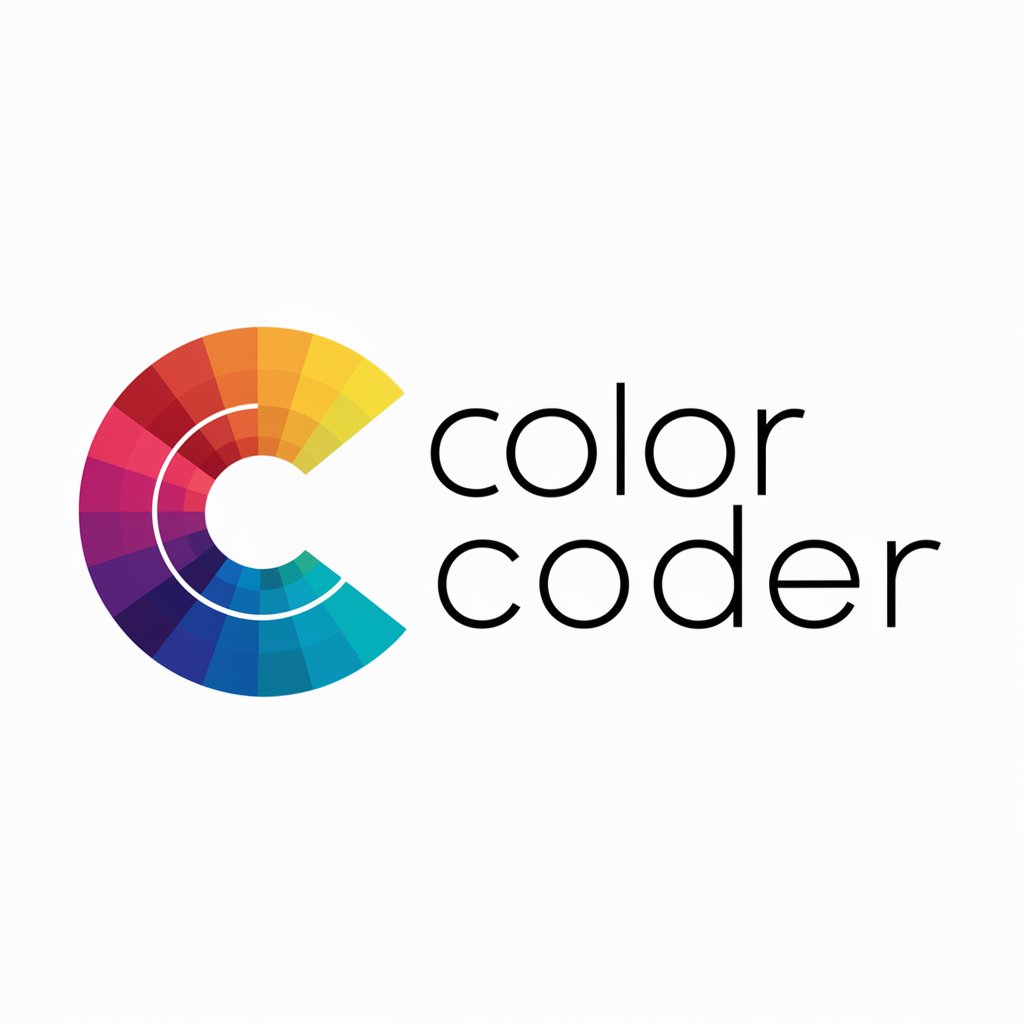
Color Sketcher
Create, Color, Discover—Powered by AI

Blockchain Q&A
What is Blockchain?
Blockchain is a distributed ledger technology that maintains a secure, transparent, and tamper-proof record of transactions across a network of computers.
How does Blockchain ensure security?
Blockchain ensures security through cryptographic hashing, which makes altering transaction history practically impossible, and through consensus mechanisms, which validate transactions across multiple nodes.
Can Blockchain be used beyond cryptocurrencies?
Yes, Blockchain can be used in various fields beyond cryptocurrencies, including supply chain management, voting systems, digital identities, and more, by providing a transparent and immutable record-keeping system.
What are smart contracts?
Smart contracts are self-executing contracts with the terms of the agreement directly written into code. They automatically enforce and execute the terms of a contract when predefined conditions are met.
How can one start learning Blockchain development?
To start learning Blockchain development, one should begin with understanding the basics of Blockchain technology, then learn programming languages like Solidity for Ethereum or Rust for Polkadot, and engage in hands-on practice through building projects or contributing to open-source.


